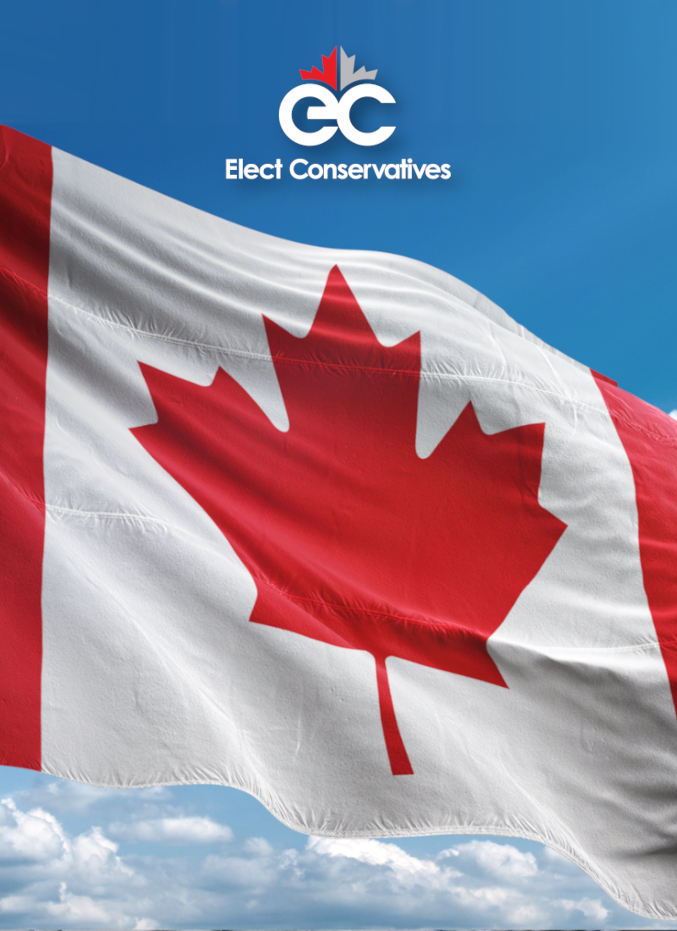

The clarion call for freedom in Canada is a consequence of the steady decline in the upholding of the principles of democracy over the last few years, where the political elite are ruling and reigning with little regard for the governed.
Even though Canada now has as a part of its Constitution, a bill of rights called the Charter of Rights and Freedoms, the words on that document have been frequently ignored by our current government.
“Freedom” has become a bit of a buzzword as of late, finally. But, as is the case with the popularization of any term, it can lose weight and meaning with its frequent use. This is not necessarily by intention, but rather by happenstance, which is why it is important to continuously outline and explain the meaning behind our use of the word.
It is long overdue for the value of freedom to be prioritized as a guiding principle worthy of attention and defense in Canada. The recent deterioration of the value of individual freedoms protected by the Charter should be cause for alarm for every single Canadian.
An interesting phenomenon we’re seeing with more regularity is that views, which become popular with the public, are ironically disregarded (largely by the political elite) with the labeling of the word “populist,” used in the pejorative. This confounds me. To consider it a negative for the people to engage in civil discourse and express their views in a democracy seems paradoxical. This derogatory perversion of the terms “populist” or “populism” seem to be more representative of the labeler and their position in opposition to the people.
The growing motivation in Canada to uphold and defend freedom is completely justified. In the last six years, we have experienced an incessant encroachment by governments on individual rights and freedoms be they mobility rights, the freedom of assembly, the freedom of expression or coerced injections under threat of loss of employment, just to name a few. In many aspects, Canada has transformed into a dystopian nightmare where government reigns supreme and the people, who are supposed to be the ones holding the power, have become an afterthought, a mere hurdle in the pursuit and maintenance of excessive governmental power.

The simple answer to these reproachful questions is that the injustice in other places doesn’t negate the injustice occurring here. Comparing the upholding of our Constitution with dictatorships or war torn countries is misleading and has the effect of lowering the bar. Disregarding and minimizing the plight of Canadians who have lost their jobs, missed funerals, births and weddings and who have been persecuted and ostracized, by comparing them with a tragic situation taking place in another part of the world is disingenuous. It’s a red herring.
This type of guilt-tripping is not conducive to a free and democratic society, instead it has the strategic effect of drowning out genuine concerns of the people, or worse, incentivizing self-censorship because we are told to believe that things really aren’t that bad compared to worst case scenarios. Socialist authoritarian regimes use this tactic all the time. So, you don’t have enough food to eat, but look at our literacy rate!
Another misconception conspicuously being spread about this demand for the restoration of freedom in Canada is that it is for the purpose of throwing off the bridles of responsibility and restraint in exchange for havoc and chaos. Nothing could be further from the truth.
The call for greater freedom does not mean everything goes, or that the most reckless among us will finally be able to take control, it is in fact the very opposite. It may be easiest to explain with an example of the contrasting position.
Collectivism, a principle typically enforced by dictatorships, removes the onus from the individual to act in a manner they personally deem moral, just and conscientious. Instead, the behavioural dictates come from the state. The approach fosters a passive populous with a totalitarian head. In most collectivist (communist) movements, there is a dangerous, even deadly, concentration of power among a few because the “collective” have ceded all responsibility and autonomy to the authority allowing for little to no restraint.
The demand for freedom comes with the unstated need for individual responsibility. A free society requires a mature and engaged citizenry. Freedom necessitates self-imposed restraint and discipline. When a leader in a position of authority moves in the direction of lessening their power and control over the people, the implication is that they believe those people have the ability and intelligence to make good decisions on their own.
Conversely, a leader who attempts to remove autonomy from the individual and instead tries to control what they do, how they spend their money, what they see, hear or speak, does not trust the individual. That leader holds the view that the people will make the wrong decisions if given the freedom to make them, therefore, the decision-making power should be in the hands of the government, not the people. Not coincidentally, this “morally superior” government will also need a lot of funds to make and implement its decisions, which will require bigger government and more taxes.
This scenario could not be more clearly laid out than in the Trudeau government’s attempt to regulate the internet with three different pieces of legislation: Bill C-11, Bill C-18 and the forthcoming Online Harms legislation (formerly Bill C-36). All of these bills are aimed at censoring what you say, see and hear online, while expanding a bureaucratic arm of the government. Talk about a nanny state!
We don’t need the government to baby us, to treat us like infants who need the state to care for our every need or protect us from hurt feelings and offence. We’re stronger than that.
We need the government to back the hell off and let us Canadians, who are determined, hard-working, creative, resourceful, compassionate, generous, entrepreneurial and visionary, be all that we can be without having overbearing bureaucrats and gatekeepers breathing down our necks.
Freedom can be uncomfortable, but it is not something to fear. It is messy, hard to control and it does allow for offence and for people to do things we don’t like. But, it also creates an environment for prosperity, flourishing, achievement, growth through competition, invention, risk-taking, individuality, authenticity, a strong and stable society and an atmosphere where individuals are more likely to reach their greatest potential. The alternative is state control, where your rights and freedoms are limited under the guise of health and safety for the greater good.
Here’s the thing, you get to choose. You can decide which society you want to create.
My encouragement would be to pick up and shoulder the burden of freedom so that you can live a more meaningful and authentic life. Reject the spoon that the government is trying to pacify and feed you with and learn to feed yourself.
This nation is the sum of its parts and what is going to set us on the path to greater prosperity and liberty is for individual Canadians to believe in their potential and run after it.
It won’t be a single leader, a Prime Minister or a government that will restore greatness to Canada. It will be her people.
(Photo credit: Justin Tang/Canadian Press)

